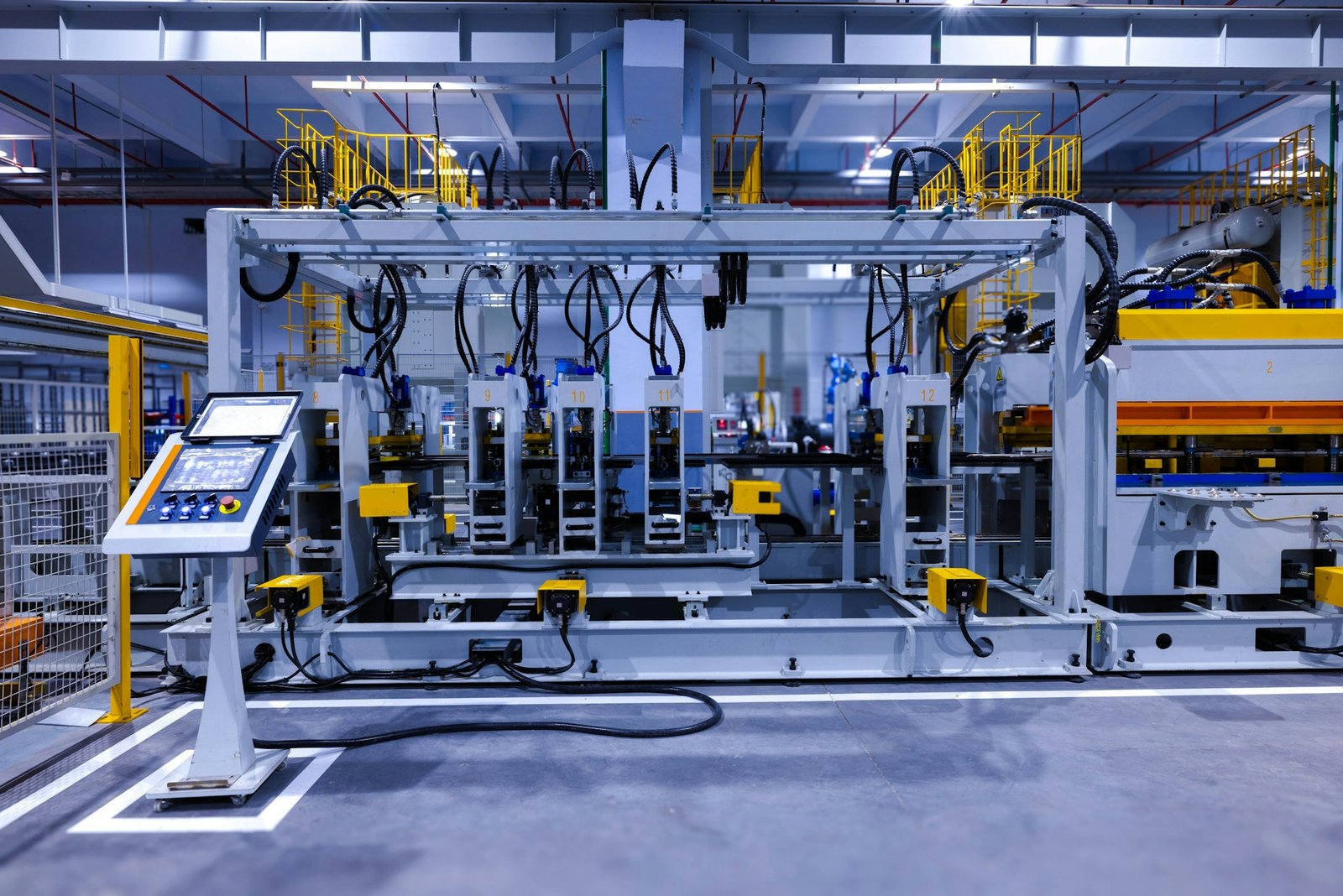In the age of Industry 4.0, automation has become the driving force behind increased productivity, efficiency, and innovation across numerous sectors, from manufacturing to energy production. At the core of these advanced automation systems are Industrial PCs (IPCs), providing the reliable computing power needed to control, monitor, and optimize processes in real-time.
Durability and Reliability:
Industrial PCs are specifically engineered to withstand the rigors of harsh environments. Unlike consumer PCs, IPCs are built to resist extreme temperatures, vibrations, dust, and moisture, making them suitable for rugged industries like automotive, aerospace, and heavy machinery. Their durability ensures continuous operation in conditions that would cripple traditional computers.
Real-Time Processing and Control:
IPCs play a crucial role in handling real-time data processing, which is vital for modern automation systems. They enable precise control over machinery and robotics, ensuring that manufacturing lines operate smoothly and efficiently. With powerful processors, IPCs can handle complex algorithms, control loops, and data analysis, allowing businesses to optimize their processes and reduce waste.
Connectivity and Integration:
As automation systems grow more complex, connectivity becomes essential. Industrial PCs support a wide range of communication protocols (Ethernet, CAN bus, Modbus) and can integrate with various sensors, actuators, and other equipment. This connectivity allows IPCs to act as central hubs, facilitating data exchange between different machines and ensuring that automation systems work cohesively.
Long Lifecycles and Customization:
Designed for longevity, IPCs offer extended product lifecycles and can be tailored to specific industrial applications. Their customizable nature means that businesses can configure IPCs to meet the exact demands of their automation needs, further enhancing efficiency and reliability.
Conclusion
Industrial PCs serve as the backbone of modern automation systems, enabling industries to achieve higher levels of performance, adaptability, and innovation. As automation continues to evolve, the role of IPCs will only grow in importance.


